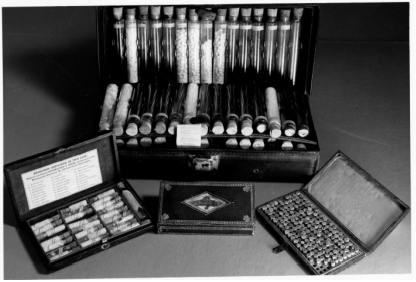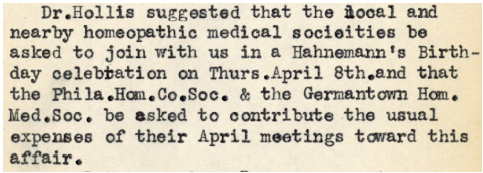
Homeopathy is based on “like cures like,” by curing illness with similarities.
Historians have traced the decline of homeopathic medicine education to the 1910 Flexner Report, in which Professor Abraham Flexner reported on medical schools in North America. Flexner standardized allopathic medicine over “unorthodox” treatments such as homeopathy, effectively forcing the latter into a category of “alternative medicine.” In rejecting homeopathic medicine, the Flexner Report forced Hahnemann Medical College to question the very core of its medical program.
As Hahnemann began forming a more standardized identity and distanced itself from its past, the Alumni Association attempted to continue the homeopathic legacy. The Association urged faculty members to advocate for Hahnemann's “old ways” and even sent representatives to the Board of Trustees, encouraging them to join local homeopathic societies. Despite Association efforts, when the Flexner Report came out, there were 22 homeopathic colleges in the United States; by the 1930s, Hahnemann was one of two surviving homeopathic schools.

Jan 22, 1937, Hahnemann Alumni Association minutes, OS 149, “Dr. Hollis suggested that local and nearby homeopathic medical societies….”

Sept 24, 1937, Hahnemann Alumni Association minutes, OS 149, “Dr. Tyler suggested the possibility of taking in graduates of the no longer existing homeopathic medical colleges as associate members.”